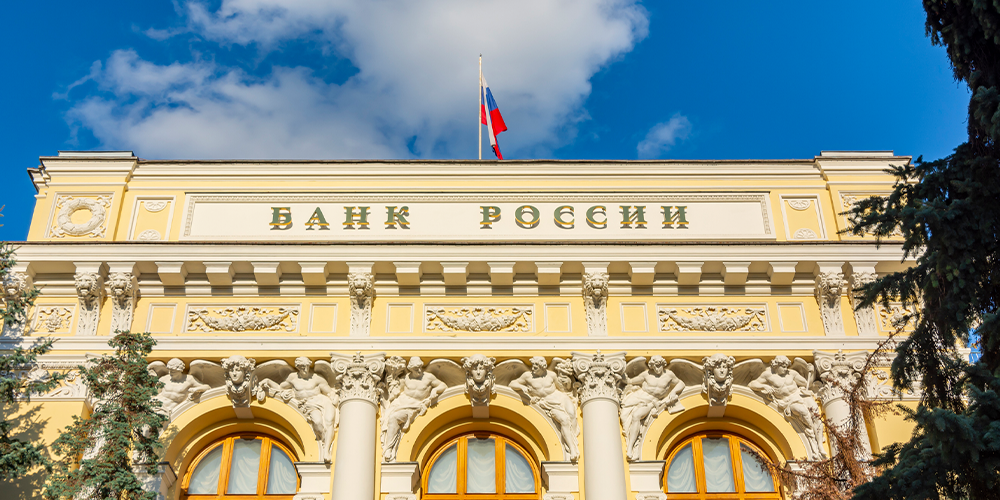Anatoly Aksakov, the chairman of Russia’s finance committee and a skeptic of Bitcoin, predicts that the adoption of digital ruble could lead to the disappearance of the traditional banking system. Aksakov stated that the role of banks will diminish with the development of blockchain technology and emphasized the need for them to transition to the infrastructure of digital financial assets.
Diminishing Role of Banks
According to local news agency RIA, Anatoly Aksakov, the chairman of Russia’s parliamentary finance committee and a skeptic of Bitcoin, foresaw the disappearance of the traditional banking system with the adoption of digital ruble. Aksakov made the following statement during a media forum hosted by AIF Media:
“When it comes to the role of banks, I believe their role will diminish in the future with the development of blockchain technology.”
Aksakov also stated that private banks will have to find a new field of application and can participate in the infrastructure of digital financial assets and digital ruble. He added:
“The traditional role they serve will gradually disappear.”
Aksakov also mentioned that the Central Bank of Russia has limited the daily use of digital ruble to 200,000 rubles or roughly $2,000, and one of the reasons for this is the separation of banking system from money. He stated that people will have to transition from banks to the central bank’s system.

Growing Concerns About CBDC
Russia has been making progress in its CBDC (Central Bank Digital Currency) pilot program, which will commence its first trials in August 2023. However, local banks are becoming increasingly concerned about the potential impact of digital ruble. Last month, the Russian Banking Association reportedly sent a letter to the Central Bank of Russia, asking regulators to clarify whether they will compensate creditors for accessing the digital ruble platform. Banks also requested an official ban on forcing citizens to open digital ruble accounts. On August 1st, Olga Skorobogatova, the first deputy governor of the Central Bank of Russia, suggested that the adoption of digital ruble would compel banks to offer more interesting loyalty programs and stated:
“In this competition, in any case, the consumer who will be able to use all non-cash payment tools will win.”
It is not just Russian banks but also those who are concerned about their future amidst the increasing adoption of CBDC and blockchain technology. In mid-August, the Central Bank of Colombia advised commercial banks to limit the circulation and spending of CBDC assets in order to help them continue their role as value storage service providers.

 Türkçe
Türkçe Español
Español









